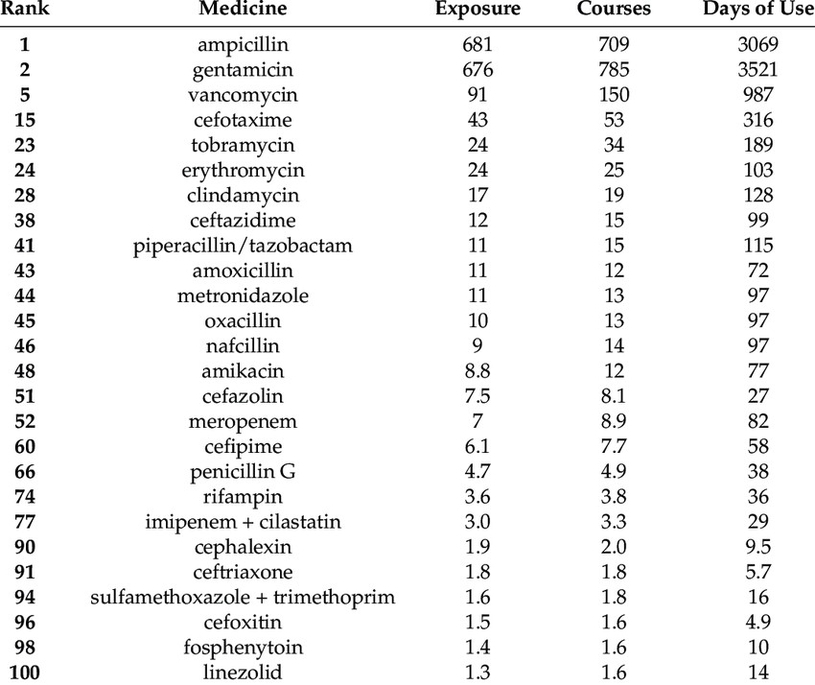Most Commonly Prescribed Medicines In Neonatal Intensive Care
Neonatal Intensive Care Units (NICUs) are specialized hospital wards that provide comprehensive care for newborns, particularly those born prematurely or with health complications. The treatment protocols in NICUs often involve the administration of various medications, tailored to the specific needs of each neonate. Here are some of the most commonly prescribed medicines in NICUs:
1. Ampicillin: This is a broad-spectrum antibiotic used to treat a variety of bacterial infections. It is often the first line of defense against suspected infections in neonates.
2. Gentamicin: Another antibiotic, gentamicin is used to treat severe or life-threatening infections, particularly those caused by gram-negative bacteria.
3. Ferrous Sulfate: This medication is used to prevent and treat iron deficiency anemia, a common condition in premature infants.
4. Multivitamins: Given to ensure that neonates receive adequate nutrition, multivitamins are essential for their growth and development.
5. Cefotaxime: This is a cephalosporin antibiotic used to treat a wide variety of bacterial infections.
6. Caffeine Citrate: Used to stimulate breathing in premature infants with apnea (temporary cessation of breathing), caffeine citrate is a critical medication in NICUs.
7. Furosemide: This diuretic is used to treat fluid retention (edema) and high blood pressure, conditions that can occur in neonates with heart or lung problems.
8. Vancomycin: An antibiotic used to treat serious or life-threatening infections caused by bacteria that are resistant to other antibiotics.
9. Surfactant: This medication is used to treat or prevent respiratory distress syndrome, a common condition in premature infants.
10. Metoclopramide: This medication is used to treat gastroesophageal reflux, a condition that is common in premature infants.
These medications are typically administered based on the neonate’s birth weight, gestational age, and postnatal age. The dosage and interval range can change dramatically due to the neonate’s premature systems of absorption, metabolism, and secretion of drugs. It’s important to note that medication errors can occur, with the most frequent being wrong dosage and not administering the medication to the patient. Therefore, careful monitoring and precise dosing are crucial in NICU settings.
In conclusion, the medicines prescribed in NICUs are diverse and tailored to the specific needs of each neonate. They play a vital role in ensuring the survival and recovery of these vulnerable patients. However, due to the high risk of medication errors, there is a need for continuous efforts to improve medication safety in these settings..



